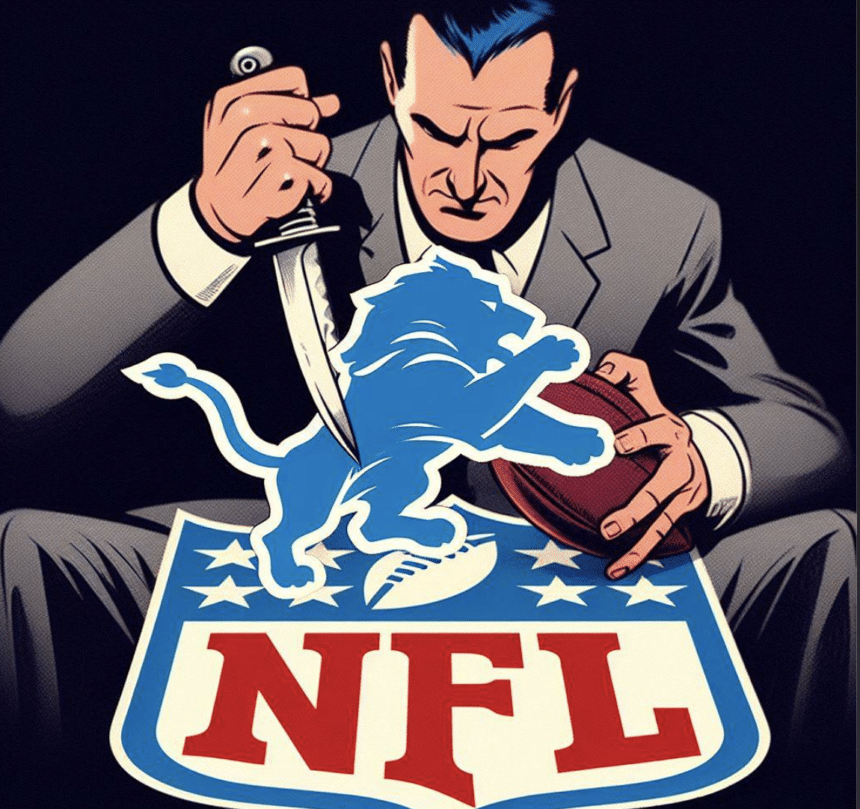The drama from the Lions–Eagles primetime showdown didn’t end on the field—because the biggest spark came after the game, when an NFL referee’s explanation for a controversial penalty left fans stunned, furious, and convinced they had just witnessed a cover-up.
Late in the game, Detroit cornerback Rock Ya-Sin was flagged in a crucial moment while defending Eagles star A.J. Brown—a call that instantly drew backlash. Replay angles showed minimal contact, and many believed Brown initiated more physicality than Ya-Sin. Still, the flag came out, extending a key Philadelphia drive and shifting the pressure right back onto Detroit’s defense.
But it was what happened afterward that pushed fans over the edge.
In his pool report, the game’s referee delivered an explanation that didn’t just contradict what viewers saw—it completely rewrote the moment. According to him, Ya-Sin “restricted” Brown’s movement and “significantly impeded the route,” a claim that fans immediately labeled a flat-out lie.
Within minutes, social media erupted. Lions fans, neutral fans, and even analysts called the explanation “fiction,” “embarrassing,” and “a weak attempt to justify a bad call.” The frustration wasn’t only about the penalty itself—it was about the feeling that the league wasn’t being honest about its officiating mistakes.
What made it worse was the slow-motion replay making the rounds online. It clearly showed both players fighting for position, with Brown using his own hands to gain leverage. Many argued that if anyone should’ve been flagged, it wasn’t Ya-Sin.
This isn’t the first time NFL officiating has taken center stage this season—but it might be one of the clearest examples of why fans want accountability. When a ref’s explanation doesn’t match what millions watched with their own eyes, trust erodes fast.
For the Lions, the call added to a night filled with missed opportunities and tough breaks. For the NFL, this incident will only intensify calls for transparency and reforms.
And for fans? This only adds fuel to the belief that some games are being influenced not by the players—but by the people in stripes.
